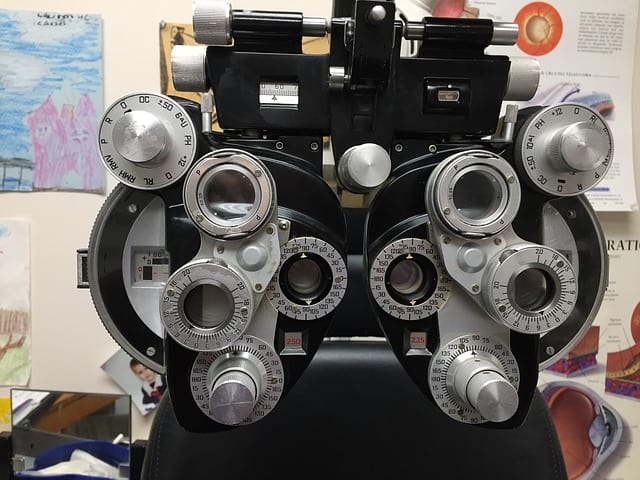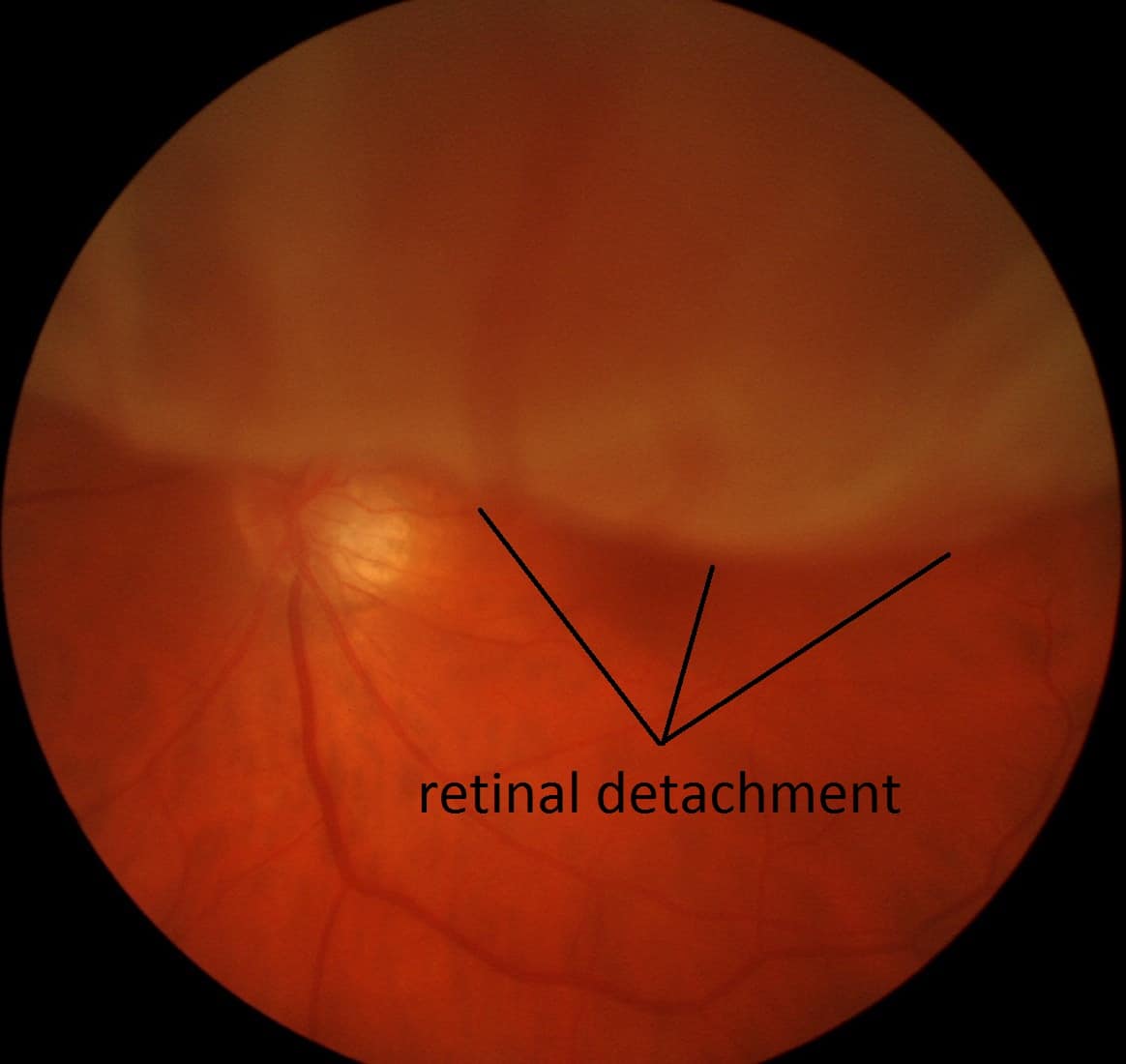
Your eyes are one of the most complex organs in your body. A comprehensive eye exam to assess your visual system and eye health involves a number of different of tests. Unlike a simple vision screening, which only assesses your vision, a comprehensive eye exam includes a battery of tests in order to do a complete evaluation of the health of your eyes and your vision.
The tests that you will undergo in a comprehensive eye examination may vary from eye doctor to eye doctor but here are are some common exams that you may encounter:
One of the most important parts in a comprehensive eye exam is your patient health history. This information will alert your doctor to any conditions that should be monitored closely, such as an allergy to any medications, current or family history of systemic or eye pathology or environmental conditions that could be affecting your vision or eye health. This will also help your doctor to determine any preventative eye care measures that are relevant to keep your eyes healthy for years to come.
Visual acuity is a measurement of your vision using an eye chart, the Snellen Eye Chart. In this test the patient is seated at a standard distance and is asked to read letters or symbols of various sizes, which get smaller as you move down the chart. The results are the familiar ratio of 20/20, 20/40 etc. which is a comparison of your vision compared to the average person with good vision, which is typically 20/20. For example, a patient that has 20/40 vision, can only see at 20 feet what the normal person can see from a distance of 40 feet. This test is a preliminary test of how clearly you are seeing in each eye but it does not give you a prescription for corrective lenses.
Those who don’t have 20/20 vision have what is referred to in most cases as a “Refractive Error.” The patient may have nearsightedness, farsightedness, astigmatism or other eye conditions that prevent the patient from seeing 20/20. A refraction will tell the doctor which prescription lenses will correct your eyesight to achieve 20/20 vision or whichever amount your vision is correctable to.

Retinoscopy is a test that allows the doctor to obtain an approximate prescription for eyeglasses. In this test the doctor uses a hand-held instrument called a retinoscope that shines a light into the patient’s eye. The doctor then analyzes the reflex of the light from the patient’s eye to determine the patient’s prescription for glasses.
During your comprehensive eye exam, comprehensive eye exam may decide to do a dilated eye exam. In this test, your doctor will instill dilating drops in each eye, which would enlarge your pupils to give the doctor a better view of certain parts of the back of the eye. Dilation is done at the discretion of the doctor, with some patients dilated every year and others at specified intervals; the frequency of dilation will vary for each patient.
EyesChoice Optometry is located in Santa Ana, CA. If you want to ask more about Comprehensive eye exam send us email to eyeschoice.gmail.com or call for your eye exam 714-543-9489
1730 E 17th St Ste G
Santa Ana, CA 92705
Phone: (714) 543-9489
Email: eyeschoice@gmail.com
Sunday Closed
Monday 9:00 am – 5.30 pm
Tuesday 9:00 am – 5.30 pm
Wednesday 9:00 am – 1.00 pm
Thursday 9:00 am – 7.30 pm
Friday 9:00 am – 5.30 pm
Saturday Closed